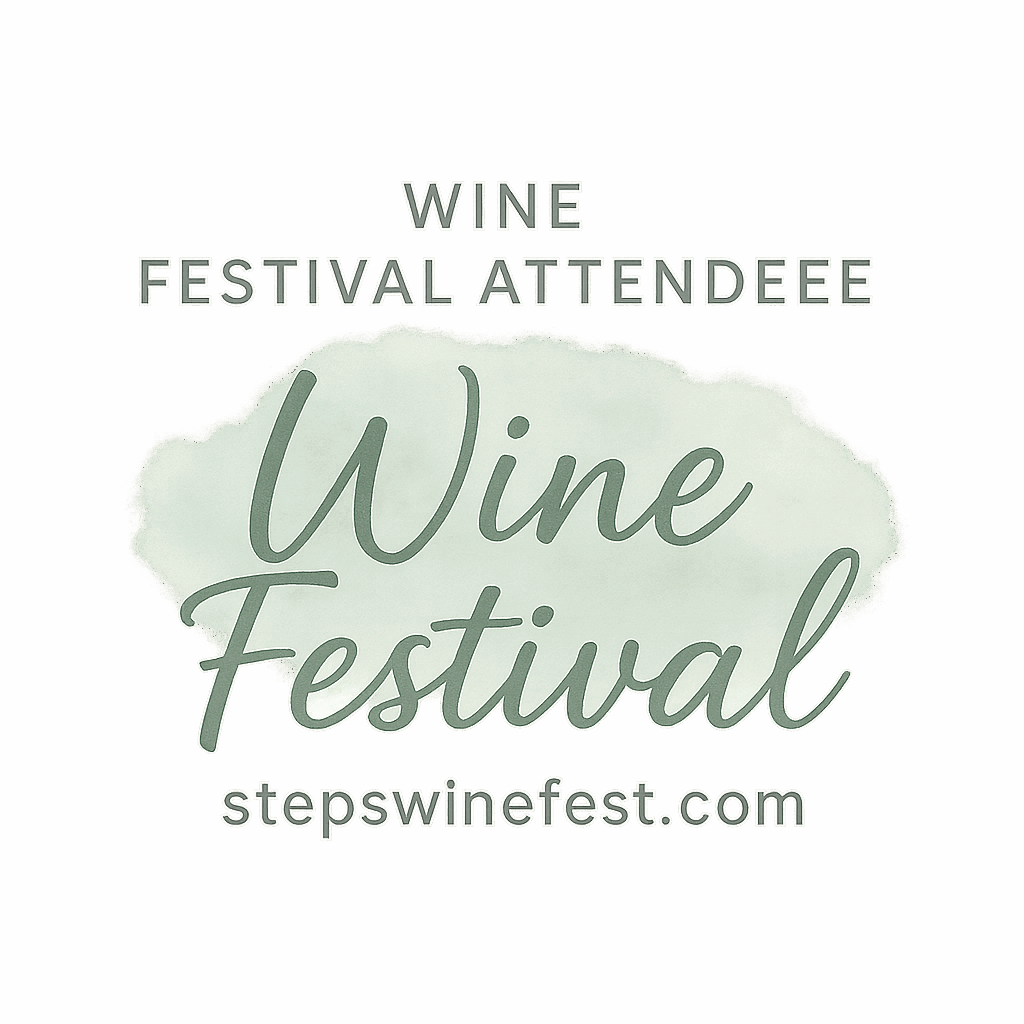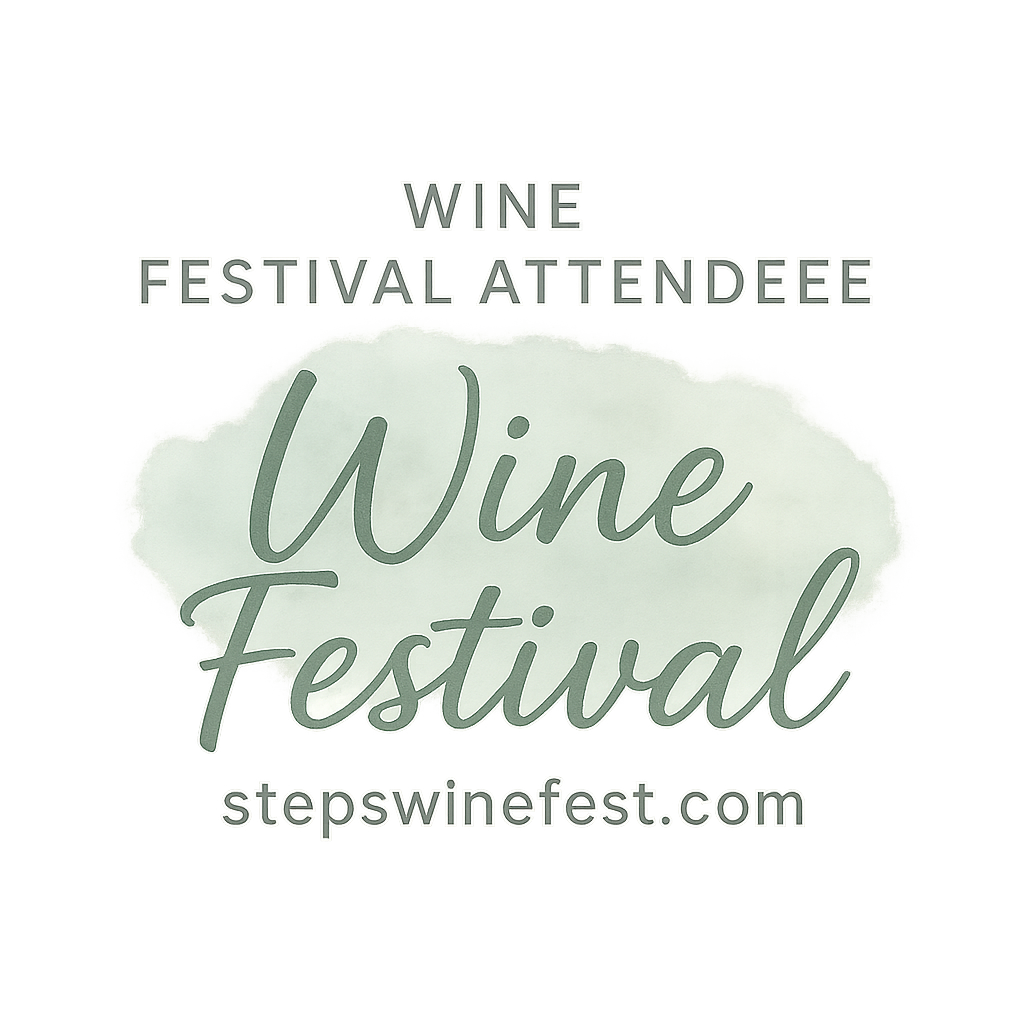Introduction
Wine festivals are a magical blend of swirling glasses, sun-soaked vineyards, live music, and gourmet bites. But if you’re someone with food allergies or dietary restrictions, attending one can feel more like walking through a minefield than a relaxing day out. The good news? With a bit of preparation, awareness, and strategy, you can enjoy all the flavor without fear.
In this guide, we’ll walk you through seven key ways to manage allergies and dietary restrictions at wine festivals, so you can sip and savor with confidence. Whether you’re celiac, vegan, allergic to shellfish, or just avoiding certain additives, we’ve got your back.
Let’s dive in—glass in hand, epipen (hopefully not) in pocket.
Why Food Sensitivities Matter at Wine Festivals
Wine festivals aren’t just about wine—they’re packed with food vendors offering samples, meals, and snacks. This makes it easy for allergens to sneak into your experience unnoticed.
Common Dietary Restrictions to Watch For
- Gluten-free (Celiac)
- Dairy-free or lactose intolerant
- Nut allergies
- Shellfish allergies
- Vegetarian or vegan preferences
- Sugar-free or diabetic-friendly needs
Allergies vs. Intolerances: Know the Difference
An allergy triggers the immune system (think: hives, anaphylaxis), while an intolerance affects digestion (like bloating or nausea). Both are serious—but allergies, especially, need fast action and solid planning.
1: Research the Festival in Advance
Planning ahead is your superpower. Most festivals now provide detailed info online, especially on their logistics pages.
Review Official Websites and Logistics
Start with the festival’s website, particularly pages like:
Look for:
- Vendor lists
- Wine and food pairings
- Ingredients disclosure policies
Identify Allergy and Diet Policies
Search or ask about:
- Allergen labeling
- Dedicated prep areas
- “Safe booths” or vendors offering allergy-friendly menus
You can often find these through pages tagged like:
2: Communicate Clearly with Vendors
Talking to vendors isn’t annoying—it’s essential.
Ask Questions About Ingredients and Prep
Don’t be shy. Ask:
- “What’s in this sauce?”
- “Do you prepare this in a shared fryer with shellfish?”
Don’t Hesitate to Mention Your Needs
Many vendors are trained or briefed on food safety. Politely stating your allergy or diet needs can prevent cross-contamination. For a little backup, reference pages like:
3: Use the Festival Map Strategically
The map is more than just directions—it’s your allergy game plan.
Spot Designated Allergy-Friendly Zones
Some festivals mark allergy-aware vendors on the map. Use that info to chart your path.
Plan Routes Around Risky Booths
If nuts or seafood are a no-go, avoid snack clusters where cross-contamination is likely.
Maps and navigation strategies can save you energy—and your gut.

4: Wear Allergy Alert Gear or Badges
Let your outfit do the talking.
Visibility Helps in Crowded Settings
Bracelets, necklace tags, or phone lock-screen notes help alert others—especially helpful in emergencies.
Custom Bracelets or Phone Alerts
Consider apps that flash emergency info on your lock screen or smartwatch. You never know when it might help.
This falls under smart preparedness and safety.
Bring Your Own Emergency Kit
Yes, even at a laid-back wine festival.
What to Include: Epipen, Meds, Snacks
Bring:
- Antihistamines
- Epipen
- Emergency snacks that match your diet
- Water and electrolyte packets
Download Offline Festival Maps
Festival Wi-Fi can be spotty. Download maps from the logistics or connectivity pages in advance.
6: Join or Create Allergy-Aware Groups
Strength in numbers, especially at large events.
Safety in Numbers: Group Visits Strategy
Whether with friends or online groups, attending together helps in managing risks. There’s comfort in knowing someone nearby understands your situation.
Explore:
Share Tips Through Social Media Hashtags
Search for hashtags like #allergyfriendlyfest or #winefesttips on Instagram or TikTok.
Also check:
7: Stay Energized and Hydrated
It’s easy to get distracted by all the tastings—but your body still has needs.
Watch for Hidden Triggers in Drinks
Some wines may have:
- Sulfites
- Animal-based fining agents (not vegan)
- Sugar or additives that can trigger sensitivities
Check out these tasting strategies to guide your selections.
Avoiding Cross-Reactions with Wine
Food allergies and wine can interact. Histamines in red wine, for example, can intensify reactions. Always test in moderation.
Tag for this tip: Health and Wellness.
What To Do If You Have a Reaction
Hopefully, this never happens—but it’s best to be ready.
Know Where Medical Help Is Located
Familiarize yourself with:
- First aid tents
- Security contact numbers
- Nearest hospitals (Google in advance)
Use Festival-Specific Emergency Tags
Some events offer customized emergency ID tags or wristbands. Use them.
Check:
Aftercare Tips: Post-Festival Self-Check
Even if the event goes smoothly, your body might need recovery time.
Monitor Symptoms and Log Reactions
Take notes:
- What you ate
- Where you felt unwell
- Any cross-reaction possibilities
This helps for future events and diet tracking.
Give Feedback to Festival Organizers
Your insights help improve next year’s event—especially when shared via:
Conclusion
Managing allergies and dietary restrictions at wine festivals isn’t just doable—it’s empowering. You don’t need to sit out life’s flavorful experiences just because your body has special rules. A little research, a bit of gear, and a good plan let you raise your glass with the rest of the crowd.
With these seven strategies, you’re not only protecting yourself—you’re setting an example for others who want to do the same. So go ahead: taste, toast, and enjoy your wine festival adventure—on your terms.
FAQs
1. What foods should I avoid if I have a nut allergy at wine festivals?
Avoid charcuterie booths, dessert vendors, and any dish with sauces unless confirmed nut-free. Always ask vendors before tasting.
2. Can I bring my own food to wine festivals?
It depends on the festival. Check their logistics page or contact them directly.
3. Is red wine safe for people with histamine sensitivity?
Not always. Red wine has higher histamines than white. Test with small sips or avoid altogether.
4. Are vegan wines clearly labeled at festivals?
Some are, but not all. Use tasting strategies or ask vendors directly.
5. Should I attend wine festivals alone if I have severe allergies?
It’s safer with a friend or group, especially if you need emergency help. Explore group visit tips.
6. Are allergy-friendly vendors common at wine festivals?
They’re growing in number, especially at well-organized events. Look for info tagged allergies or dietary restrictions.
7. Can I give feedback about allergy safety after the festival?
Absolutely! Use post-festival tips or email organizers directly with your suggestions.

